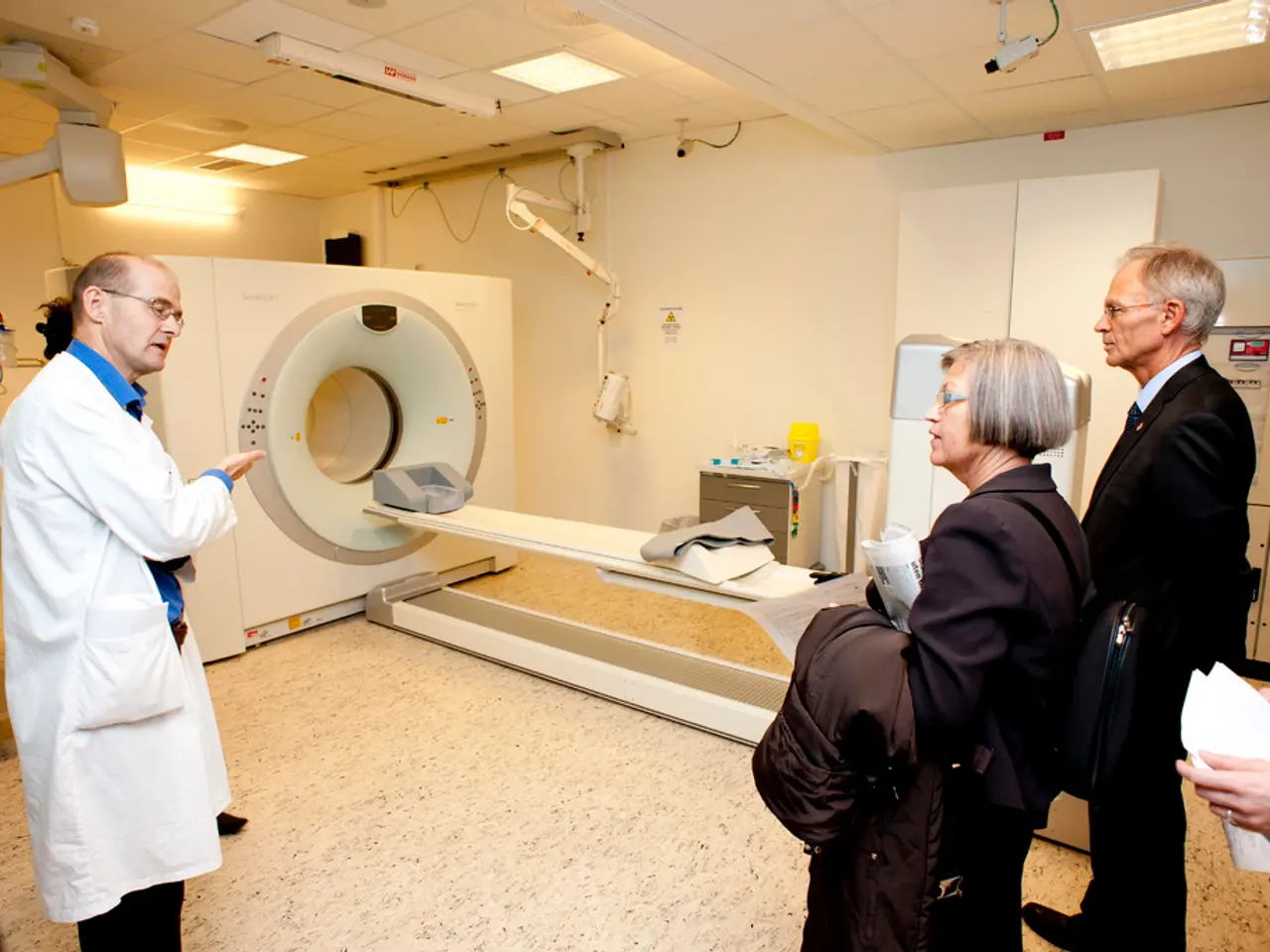Practical Cultural Education for Physicians to Prevent Medical Misconduct
In the realm of healthcare, cultural sensitivity plays a crucial role in ensuring that every patient receives the best possible care. Stereotypes can unintentionally influence treatment decisions, leading to biased treatment and poor communication with patients from diverse backgrounds. This, in turn, can negatively affect medical diagnosis, resulting in delays, misinterpretations, and dismissal of symptoms based on patients' cultural backgrounds or identities. This unfortunate scenario leads to poorer health outcomes and mistrust in healthcare systems.
Key mechanisms contributing to this issue include the dismissal or trivialization of culturally related symptoms, such as menstrual-related pain often being culturally ignored, leading to underdiagnosis of conditions like endometriosis. Additionally, patients may interpret or respond to symptoms through cultural frameworks that healthcare providers do not recognize or understand, causing delays in disease identification and treatment. Implicit biases and lack of cultural competence among healthcare providers also play a significant role, with physicians unconsciously holding stereotypes or biases that affect communication and diagnostic accuracy, particularly with racialized or minority groups.
To address these challenges, several strategies are recommended. First and foremost, cultural competence education and training for healthcare providers is essential. This includes improving awareness of cultural diversity, implicit biases, and communication norms, which can help reduce diagnostic errors and mistrust.
Another crucial step is increasing diversity among medical professionals and faculty. More inclusive representation helps address marginalization and improves cultural understanding in care delivery. Providers should engage patients respectfully about their cultural beliefs and practices to facilitate accurate diagnosis and treatment adherence.
Reducing stigma and taboos surrounding certain conditions is also important. Open discussions about conditions often shrouded in stigma, such as Parkinson’s disease, can help minimize fear and promote earlier medical engagement.
The story of the patient misdiagnosed for patting her weave serves as a stark reminder of the importance of cultural competence in healthcare. Overlooking cultural differences can result in misdiagnosis, inappropriate treatment, and poor patient outcomes, as well as contribute to disparities in healthcare access and outcomes.
Empathy is crucial in providing culturally competent care, enabling healthcare providers to approach each patient as an individual with their own unique cultural background. Diversity in the medical field can help challenge and dismantle stereotypes and biases that may exist within healthcare systems.
Understanding the cultural significance of hair and grooming practices is essential in providing equitable and patient-centered care. Diverse healthcare teams bring different perspectives, experiences, and cultural knowledge to the table, leading to more comprehensive assessments and better patient outcomes.
In conclusion, eliminating cultural ignorance requires systemic change in medical education, healthcare delivery, and ongoing provider self-reflection to improve diagnosis and health equity. The need for diversity in the medical field is essential to bridge the gap in cultural understanding and reduce misdiagnosis due to cultural ignorance.
- Leadership in healthcare should prioritize cultural sensitivity to ensure all patients benefit from the best care, free from biased treatment and communication gaps.
- Ignoring or downplaying culturally related symptoms, such as menstrual pain, can lead to underdiagnosis of conditions like endometriosis.
- Healthcare providers need to recognize and understand cultural frameworks to accurately diagnose and treat various medical conditions.
- Educating healthcare providers on cultural diversity, biases, and communication norms is essential for reducing diagnostic errors and improving patient care.
- Increasing diversity among medical professionals and faculty enhances cultural understanding and reduces marginalization in healthcare.
- To minimize fear and promote earlier medical engagement, open discussions about conditions shrouded in stigma, such as Parkinson’s disease, are crucial.
- Empathy is an essential component of culturally competent care, allowing providers to treat each patient as an individual with their unique cultural background.
- The misdiagnosis of a patient based on hair grooming practices serves as a reminder of the importance of cultural competence in healthcare.
- Healthcare systems can reduce misdiagnosis, inappropriate treatment, and poor patient outcomes by challenging and dismantling stereotypes and biases.
- Diverse healthcare teams promote more comprehensive assessments and better patient outcomes due to their varied perspectives, experiences, and cultural knowledge.
- Eliminating cultural ignorance requires systemic change in medical education, healthcare delivery, and ongoing provider self-reflection to achieve health equity.
- Fostering empathy, open discussions, and diversity in the medical field is vital for bridging the gap in cultural understanding and reducing misdiagnosis due to cultural ignorance.
- Skin conditions can be affected by cultural differences in care practices, emphasizing the need for healthcare providers to be culturally aware.
- Mental health issues often require access to therapies and treatments that acknowledge and address cultural differences, such as culturally specific therapeutic practices and nutrition recommendations.
- To improve job satisfaction and career advancement for healthcare providers, leadership can invest in career development, education, and self-development programs focused on cultural competence, personal growth, and skills training.




